Scientists created an “evapolectrics” generator that draws power directly from water evaporation, offering a sustainable, battery-free energy source from humidity.


Scientists created an “evapolectrics” generator that draws power directly from water evaporation, offering a sustainable, battery-free energy source from humidity.

A sand-like material can be extracted from seawater by adding carbon dioxide, potentially making the building industry more sustainable.
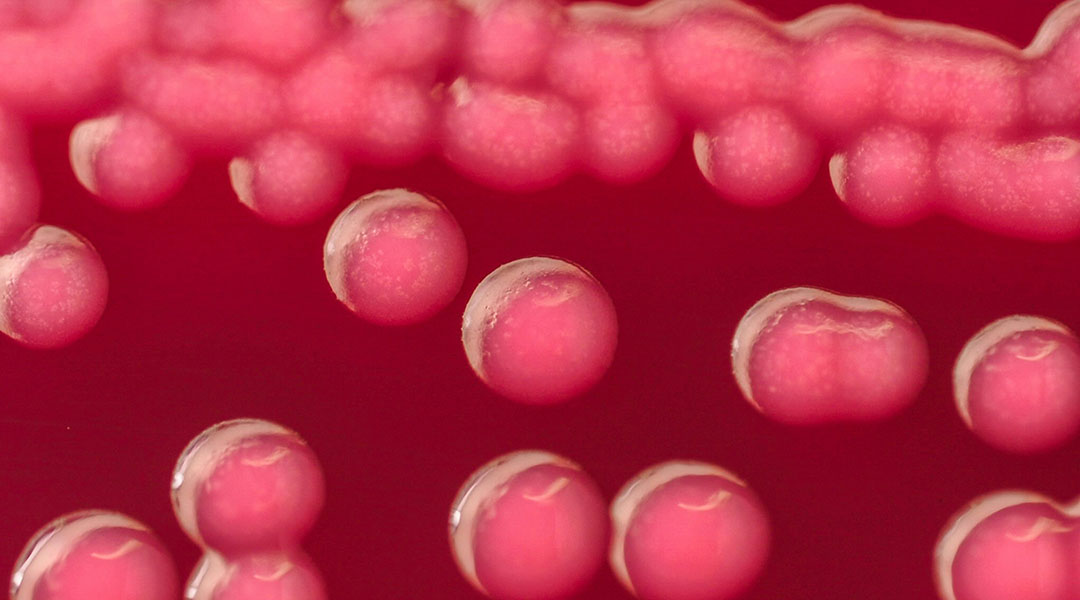
Engineered Escherichia coli bacteria could be used to make sustainable biobased plastics.
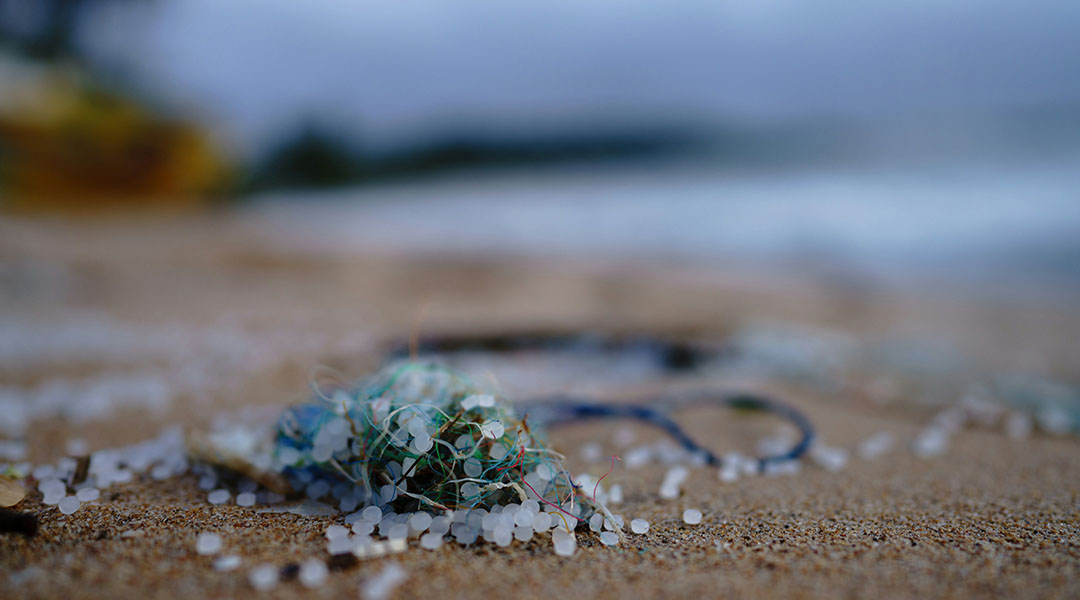
Microplastics facilitate a “super slime” that is resistant to antibiotics, sparking concern about antibiotic resistance in heavily polluted areas.
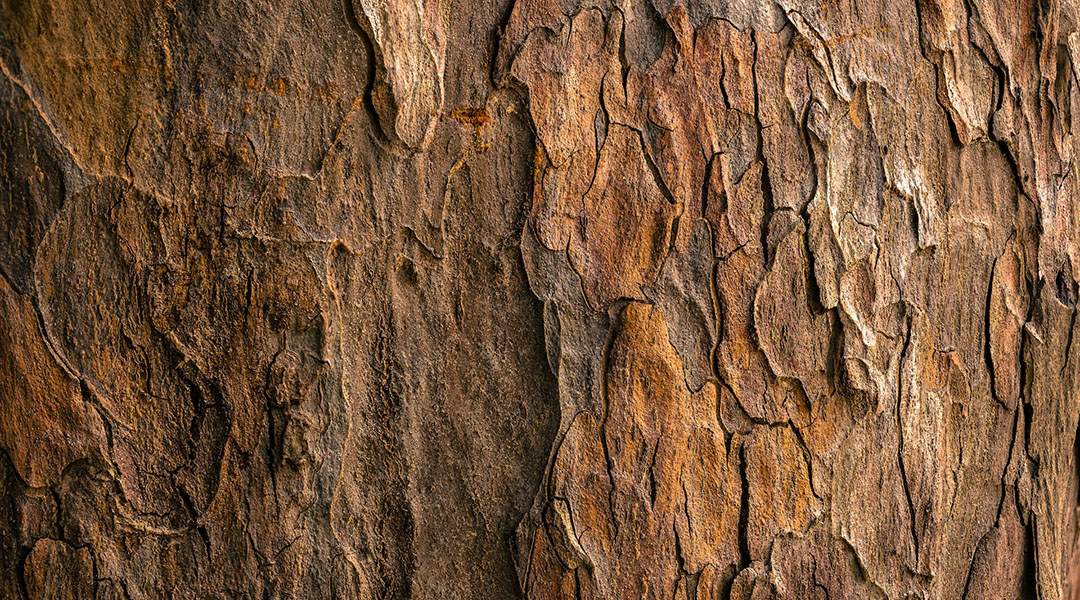
Scientists in Finland have developed a method that can achieve a tenfold increase in pesticide retention on farmed crops.
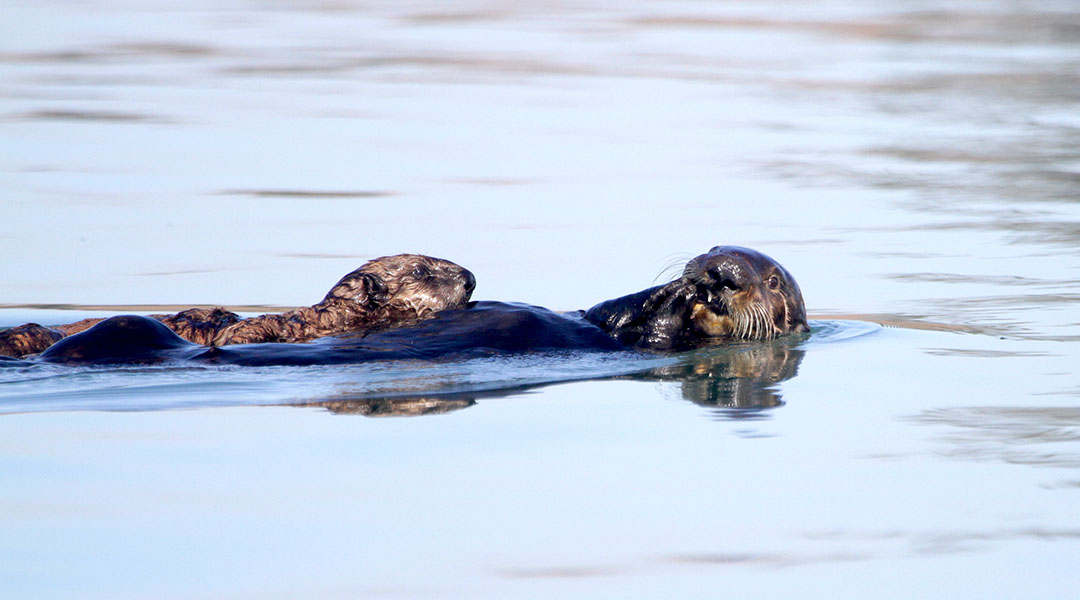
A comprehensive study by Sea Otter Savvy reveals the significant energy costs of human disturbance on sea otters, highlighting the need for better conservation practices to protect these vulnerable marine mammals.

Researchers have developed efficient catalysts by combining palladium with organic molecules, significantly reducing the cost of hydrogen fuel production.
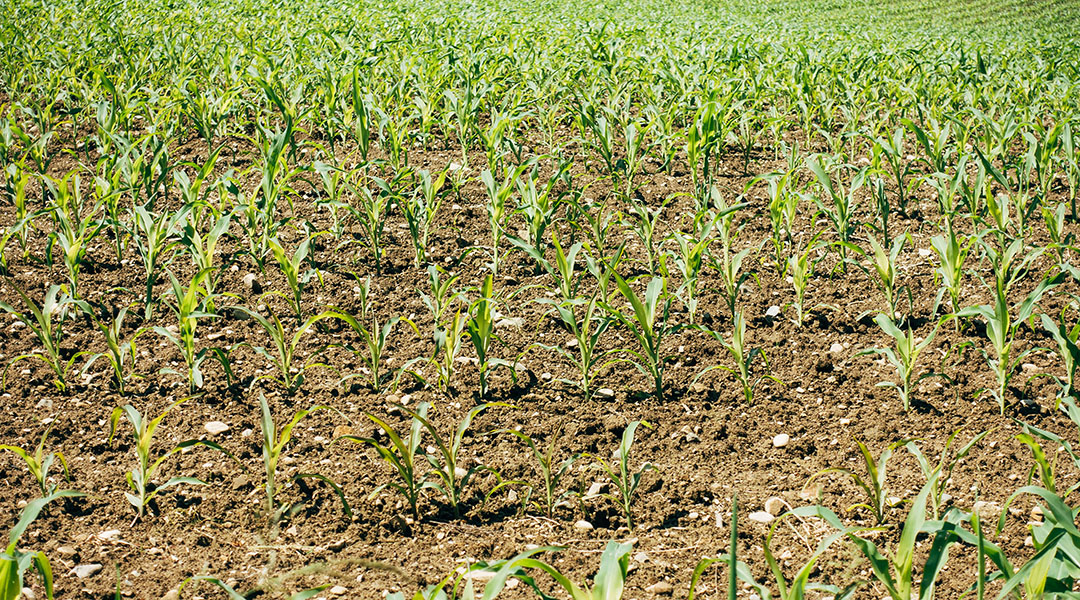
Ammonia fertilizer could be produced underground, using Earth’s natural heat to significantly reduce the industry’s carbon footprint.
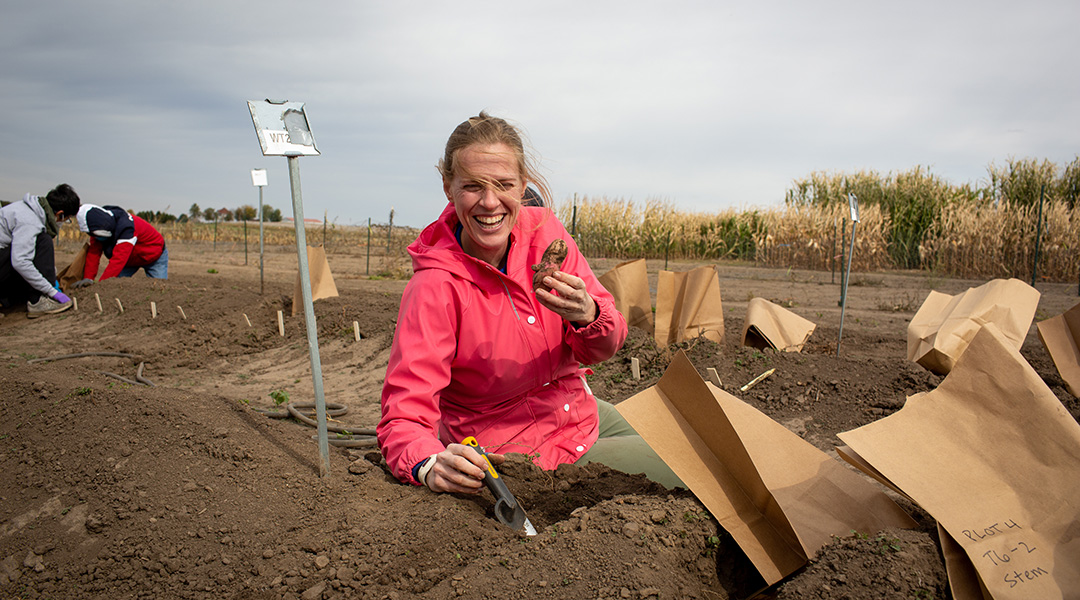
Crops that can withstand rising temperatures could increase global food security amidst the rising threat of climate change.
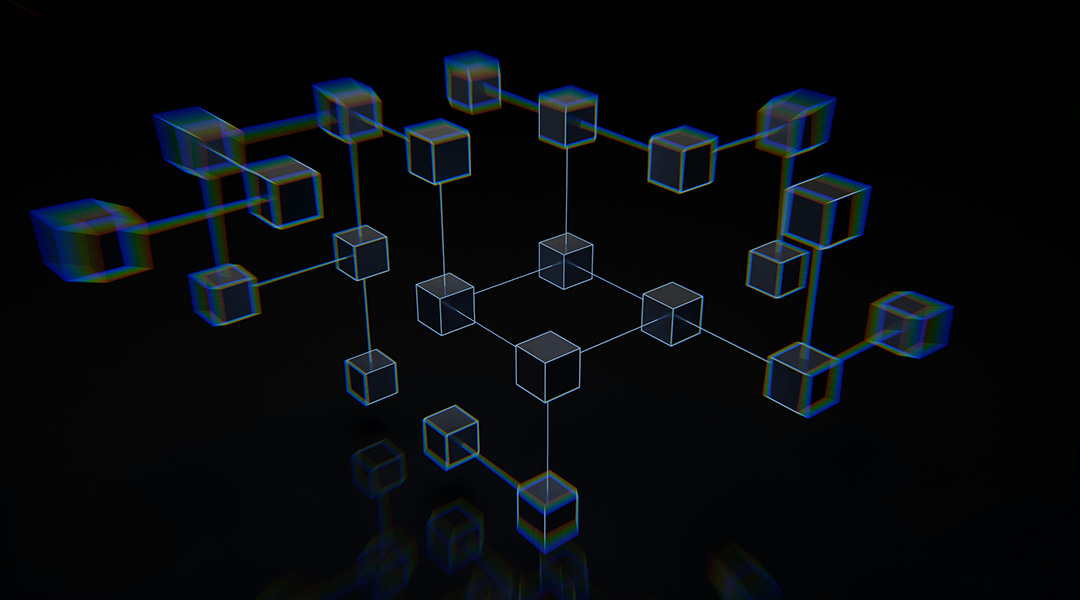
The rapid growth of AI brings hope of unprecedented advancements in many sectors but what is its real carbon footprint?